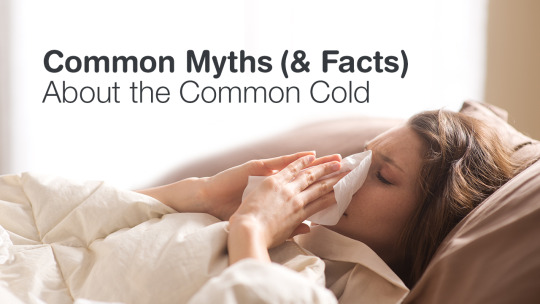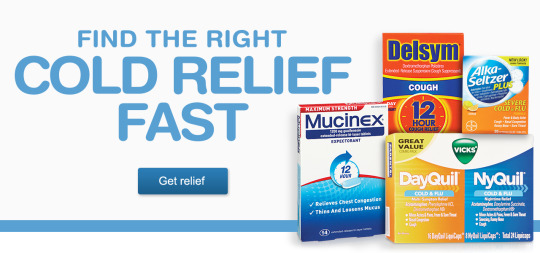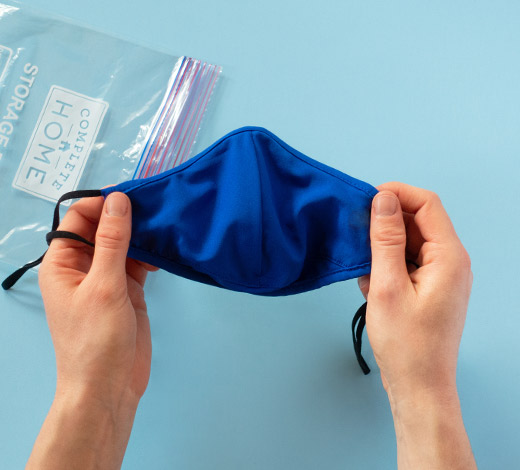
1. You can catch a cold from cold weather.
False. Colds are caused by viruses. We do see more
colds during colder seasons, probably because people spread germs by spending
more time together indoors. Some recent research shows that
cold viruses are better able to grow and
multiply when the nose is cooler than normal
body temperature – at least in mice. So while
covering your nose is not a sure way to help you stay cold–free, it might make
you less vulnerable to developing cold symptoms.
2. A cold can turn
into the flu.
False. While both
the flu and the cold are caused by viruses, the viruses are different. Typical
symptoms of the common cold are runny nose, nasal congestion and sneezing,
often with a sore throat, cough and headache. Most symptoms of the common cold
resolve within a week or so. Symptoms of the flu are more intense and usually
start with chills, fever, body aches and pains, tiredness and headaches. Flu
can result in serious health problems, such as pneumonia leading to hospitalization.
Both
are contagious, especially in the first few days, so protect others by washing
your hands and staying away from crowds when possible.
3. Hot liquids make cold sufferers feel better.
True. Water, juice,
clear broth or warm lemon water with honey helps loosen congestion, prevents
dehydration and can help soothe a sore throat.
4. Most cold remedies
are completely safe and effective if they’re sold over the counter.
False. Over-the-counter
(OTC) cold remedies may help ease your symptoms and can help you feel better, but
all medicines have the potential for side effects. Don’t forget to read the
product labels and ask your pharmacist questions.
Follow these general
cold medicine guidelines:
- OTC cold and cough medications may cause serious
and even life-threatening side effects in children. The FDA warns against their
use in children younger than age 6. - OTC antihistamines may
reduce the sneezing and runny noses associated with the common cold.
Decongestants can also help ease some symptoms. - Antibiotics shouldn’t
be used to treat a common cold. They won’t help fight against viruses and may
lead to bacterial resistance. However, if you don’t get better within 10-14
days, you may have a bacterial infection and should seek medical attention. - Analgesics, such as
acetaminophen or ibuprofen, are commonly used for relief of pain and fever. Acetaminophen
does not have the anti-inflammatory benefits of ibuprofen or naproxen. Aspirin
should not be given to anyone under 18 years because of the risk of Reye’s
syndrome, a rare but potentially deadly disease that can occur most commonly in
children or teens recovering from a viral infection. - Oral supplements like
zinc can’t prevent an oncoming cold, but they may help you feel better if you’re
already sick.
5. You cannot prevent
getting a cold.
False. Although anyone can get a cold,
there are a few things that you can do to help keep your immune system healthy and make you less
susceptible to getting colds.
- Wash your hands frequently. Wash for at least 20 seconds and rub your hands briskly. Public health workers say you should wash your hands for as long as it takes to sing a verse of ‘Happy Birthday.’ When soap and water aren’t available, use an alcohol-based hand-sanitizing gel.
- Exercise regularly. Studies have shown that getting into shape improves immunity and overall health.
- Eat a diet rich in fruits and vegetables. These foods provide lots of antioxidants—substances that may help boost your immune system.
- Get enough rest. Rest to restore your energy and avoid any complications.
- Reduce your stress and your reaction to stress. People under a fair amount of stress are more likely to get colds.
Be well, stay well~
Pharmacist Andy
Andy Stergachis, Ph.D., R.Ph. is the Director of the Global
Medicines Program at the University of Washington in Seattle and a subject
expert on public health and pharmacy-related topics.



